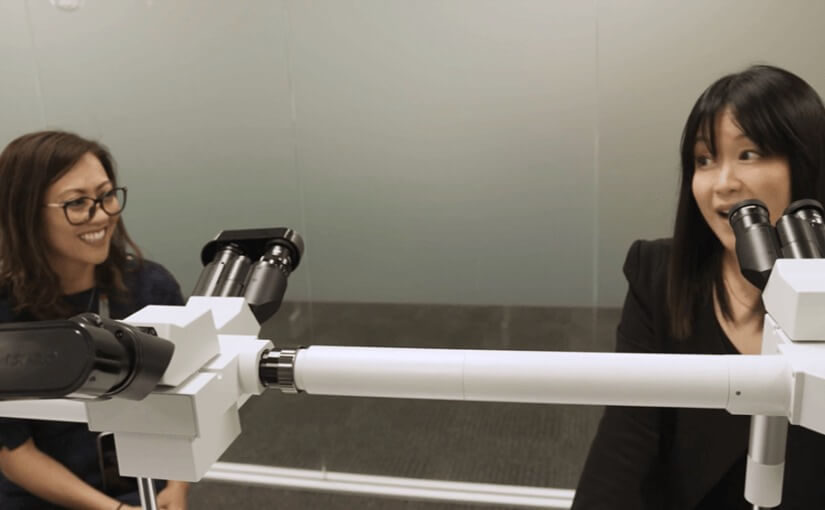Pathology Awareness Australia took Sydney-sider Denise inside a pathology laboratory to find out about the cervical screening test process and what happens if your Cervical Screening Test is positive for Human Papillomavirus (HPV), the virus that can cause cervical cancer.
Find out if you need a test
In November 2017, the National Cervical Screening Program updated the two-yearly ‘Pap Smear’ to the five-yearly Cervical Screening Test, an improved version which tests for the Human Papillomavirus (HPV), a virus present in most cases of cervical cancer. This test allows for earlier detection of changes that could lead to cancer.
The Cervical Screening Test is recommended for all women aged 25–74, every five years. If you had your last Cervical Screening Test before November 2017, you are now overdue. Please speak with your healthcare provider if you believe you are eligible for the Cervical Screening Test.
HPV and cervical cancer are usually asymptomatic, particularly in the early stages. Women who have symptoms such as abnormal bleeding should talk to their doctor right away.

